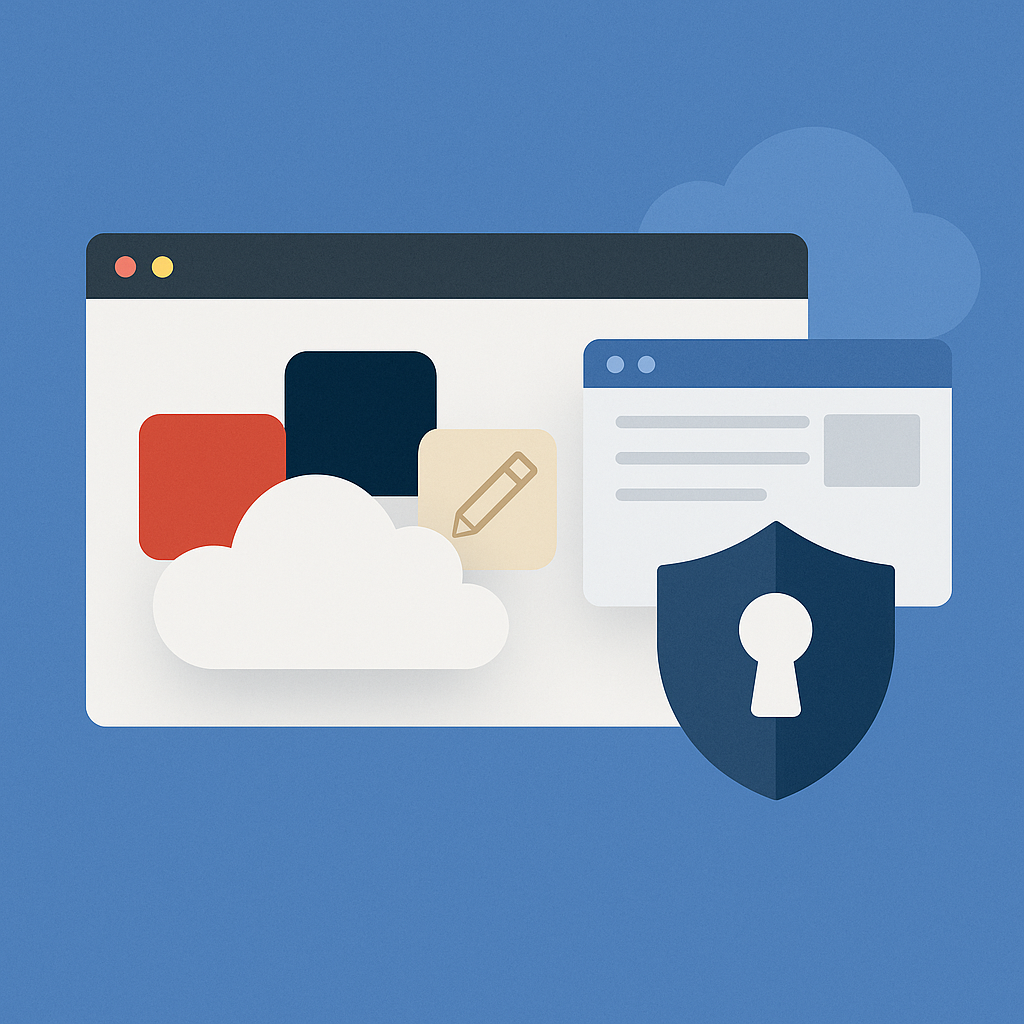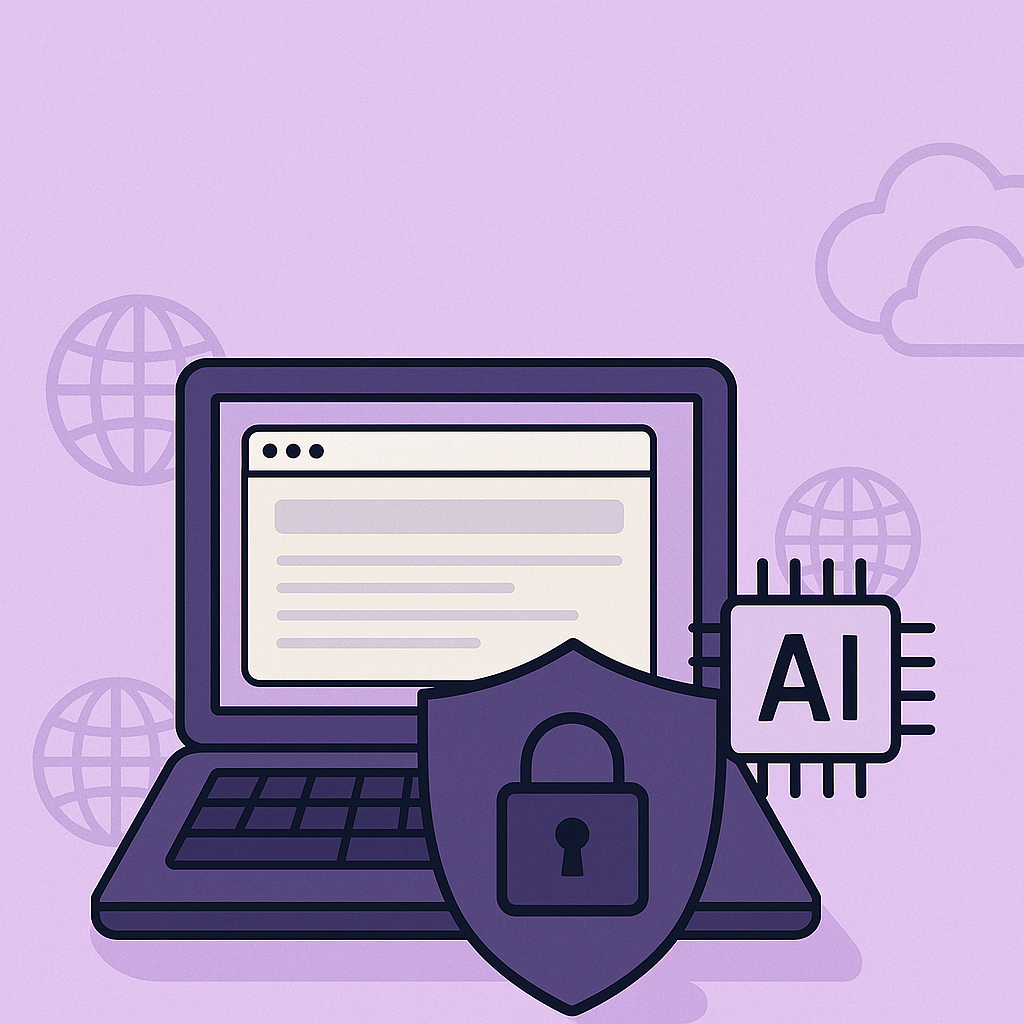As we approach the 2023-2024 academic year, K-12 education is going through an exciting period of innovation, with trends in education shifting towards leveraging technology and digital tools to enhance student outcomes. With the significant lessons learned from the pandemic era, educators are poised to implement a host of new strategies and tools in their teaching practices. Here are some key trends we can anticipate in the coming year:
Cloud Streaming Apps in a Browser
In the realm of education technology, a standout trend is students cloud-streaming essential applications like Adobe Creative Cloud, Microsoft Office, and Autodesk via platforms such as itopia CloudApps Classroom. Through this platform, students can access these applications securely within a browser on devices, particularly Chromebooks. The shift is fueled by the rising demand for secure and user-friendly digital learning spaces. Chromebooks, prized for their affordability and intuitive design, are now fixtures in classrooms (and homes), supporting diverse educational software. Streaming these tools in a secure browser offers safety, convenience, and accessibility, eliminating the need for expansive local storage or robust hardware. Moreover, such security safeguards student data, addressing mounting concerns about digital privacy in today’s interconnected landscape.
Emphasis on Cybersecurity
School districts are grappling with sophisticated cybersecurity threats now more than ever, resulting in increased budget allocations for cybersecurity infrastructure and initiatives. With hackers increasingly targeting schools and vendors, it is paramount that districts invest in preemptive measures to protect against potential attacks.
Emerging Technologies
Emerging technologies like Reality (REAL), Augmented Reality (AR), Artificial Intelligence (AI), and Virtual Reality (VR) are slowly integrating into all aspects of K-12 education. As these technologies become more advanced, they can simplify personalized or remote learning, enhancing the educational experience for every student.
Individualized Learning
Personalized learning is evolving into individualized learning, which designs content that appeals to each student’s unique traits. This approach, supported by technologies like AI and Machine Learning (ML), can lead to better outcomes.
Game-Based Learning
Gamified learning will become more common in 2023. Educational games provide an immersive method of learning that promotes greater multimodal involvement.
Use of Nano-Learning
Nano-learning is a fresh concept in K-12 education. This approach, similar to the short, digestible content found on Instagram Reels or YouTube Shorts, could become more popular as educators design high-quality bite-sized content.
Harnessing Digital Learning Tools
The pandemic triggered an explosion in digital learning tools. The challenge moving forward is to leverage these tools effectively, both inside and outside the classroom. Technology has the power to expand the learning community, bringing global experts into classrooms and fostering stronger parent-teacher connections. This expanded network can transform the educational experience, even post-pandemic.
Sustainable Technology Management
The influx of federal pandemic relief funds has led school districts to expand their tech infrastructure massively. Strategies for sustainable technology management, such as embracing lower-cost cloud solutions and planning for replacement and upgrade cycles, will become increasingly critical to avoid a future tech ‘cliff’.
Professional Development Amidst Teacher ‘Tech Fatigue’
While the rapid technological change and adoption during the pandemic has left many educators with ‘tech fatigue’, professional development in technology remains crucial. The shift needs to be towards mastery of digital teaching tools, moving away from an ’emergency PD’ mindset.
The 2023-2024 school year promises exciting changes in the world of K-12 education. By embracing these emerging trends and harnessing the power of technology, we can create more engaging, personalized, and effective learning experiences for all students.




